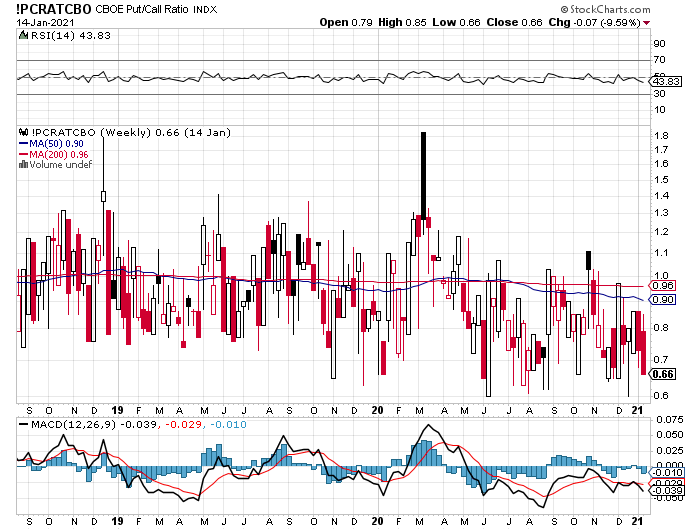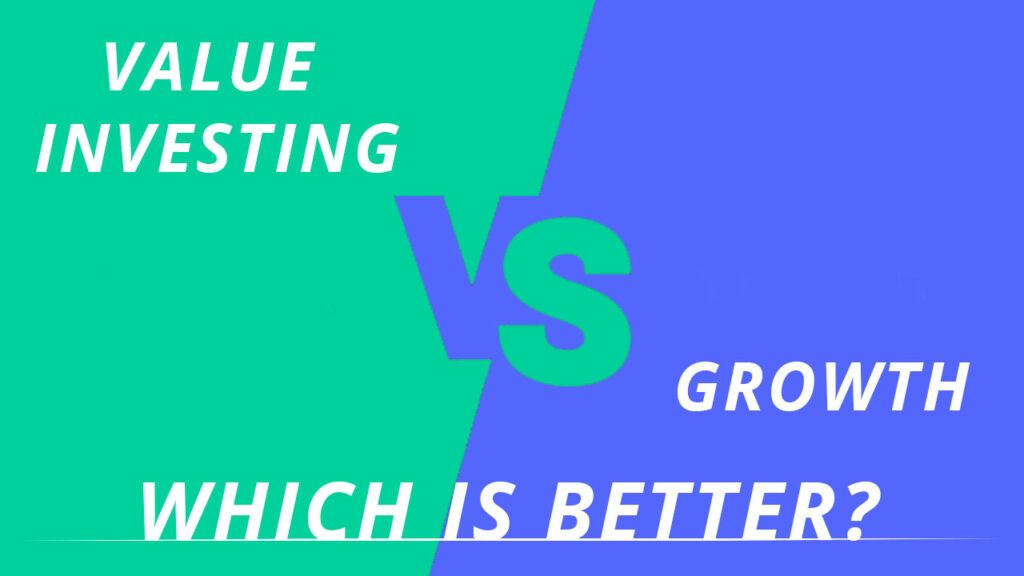Everyone is talking about what is happening to Gamestop. Even my kids are into it, probably because the Gamestop short squeeze originated and is being perpetuated on social media, substantially by the gamer element. What lesson can be learned by the Gamestock situation as well as those of AMC and others caught in a short squeeze? My take is that this reinforces that it is dangerous for investors to short a stock. There are safer ways to play the short game if you think you have an eye for a stock that is more likely to fall than to rise.

Shorting
What does it mean to short a stock? In order to short a stock, you must have an agreement with your brokerage firm that you are able to short stocks. This typically means that you also need to agree to lend or “hypothecate” any stock that you own. Why is that? Because shorting a stock entails borrowing that same stock from someone else who agrees to lend it. They don’t lend it to you directly; they lend it to your brokerage firm. If you want to short a stock, you borrow the stock from your brokerage firm, who has borrowed it from one of their other clients. Then you take the borrowed stock and sell it in the marketplace, for which you receive cash, just as in any other sales transaction. When you short a stock, you are betting that you will be able to buy it back at a lower price so that you can give the stock back to your brokerage firm, thus closing the borrowing transaction, and you pocket the difference. What could go wrong?
Squeeze
A lot can go wrong if the stock goes up instead of down after you have shorted it. First of all, you lose money if the stock goes up because you have to buy back your short position at a price higher than your sales price, and you have to come out of pocket to make up the difference. It’s a bad feeling when you have to pay restitution for your prior mistakes. Secondly, you may have trouble buying the stock that you have to give back, especially at a market price, and especially if the stock is that of a small company and/or is thinly traded. This is what happened with Gamestop, and this is when a short squeeze happens. When a stock is thinly traded and when those that are short are in urgent need of purchasing the stock to close a short position, the owners of the stock are now in the catbird’s seat. Stock owners in this situation will hold out for the highest price they can possibly get before selling it. It’s basic supply and demand: demand is off the charts and supply is constrained, and so prices skyrocket.
Margin
Why might holders of short positions be forced to cover their positions if a squeeze happens? This is third bad thing that can go wrong if you are short and the stock goes up. Your brokerage firm has margin requirements that need to be met and maintained. If you are short a stock that goes up, especially way up, unless you have beaucoup unused cash in your account such that you pass a maintenance margin requirement, you have to cover your short position, or else you will be liquidated, or even worse. Being short and in the midst of a short squeeze is a scary proposition. Your downside risk if you are short a stock is infinite.
Puts
A less-risky way to play the short game is to buy a put option, which gives you the right to sell a stock at a set price, which is called the strike price. If you are right about the stock, the put will increase in value and so you can sell the put at a profit. If you are wrong, you can hold on to the put as long as you can until it expires worthless, whereupon you have lost only the money you spent to buy the put, and no more. One downside of a put instead of a straight short is that buying a put is a debit transaction, meaning you have to come out of pocket today to pay for the put, whereas a short transaction is a credit to you (but a debit later when you cover the short). A second downside of a put is that there is a time element to a put: a put has an expiration date. What if you are right about the stock’s poor future prospects but your timing is off? A put might expire worthless before you are proved to be correct. Still think you are right when your put expires? Buy another put that expires at a later date, but that will cost you more.
IMO
Maybe you are a stock curmudgeon, who think most companies suck or are at least overvalued. If you aren’t that type, I’m sure you have met someone who can’t see the good in a company. Many cheapskates fall into this category. That may be a good quality to have when it comes to saving and not spending one’s income, but it doesn’t work as well in the investment world. Stocks have positive values, not negative, and they tend to go up over time as a whole, not down. If you find a situation that you think is a surefire short, a company you are sure is on the road to bankruptcy, the problem is the regulations are stacked against you shorting a stock with the mechanics of borrowing and then selling stock you don’t own, and with the margin requirements therein. You may be cheering that rebellious young traders are getting the best of supposedly smart hedge funders in the Gamestop situation, but don’t get yourself in that situation. Buy puts instead of selling short if you are really sure of your downcast view of a stock.






